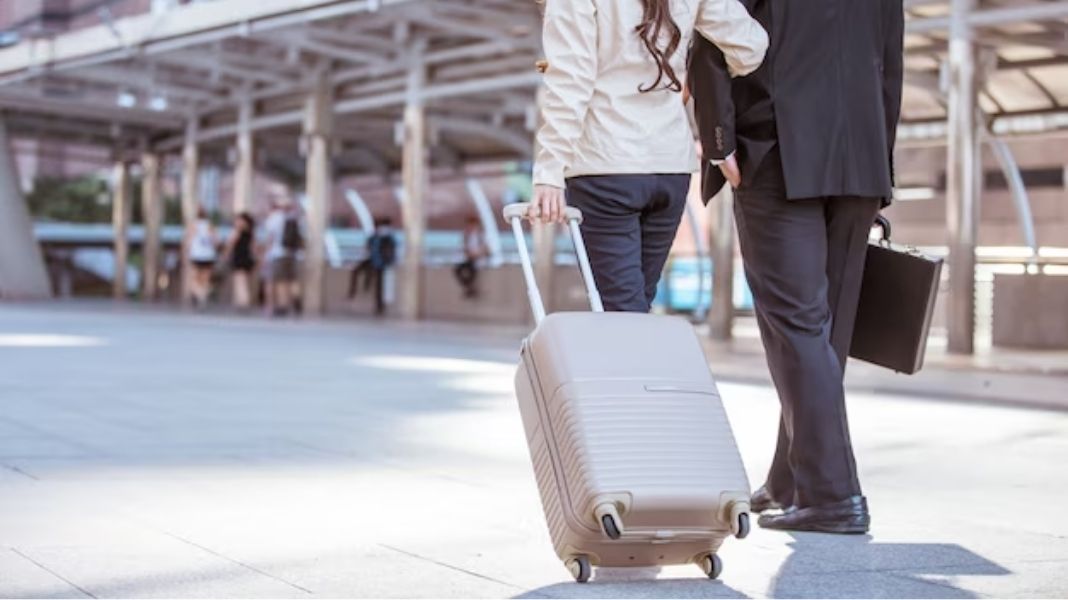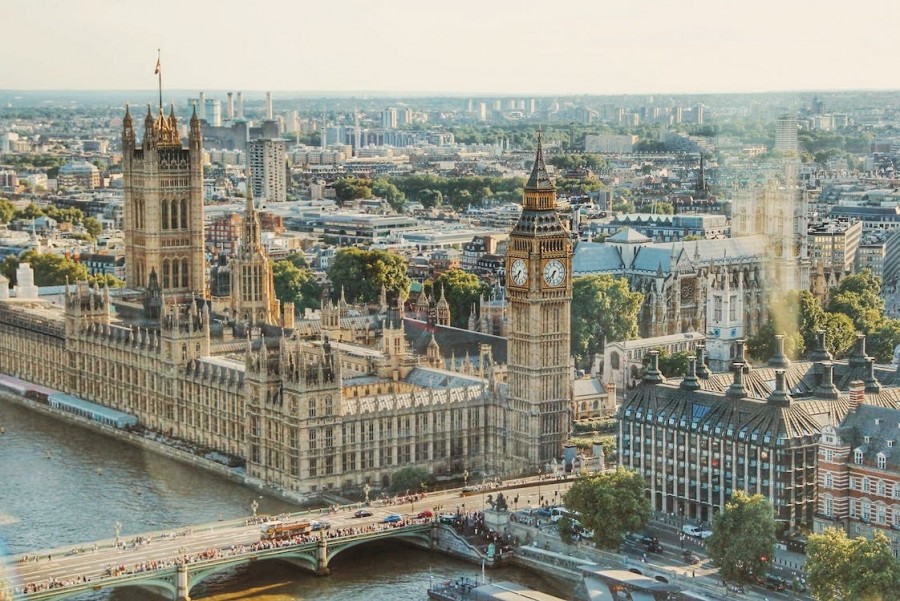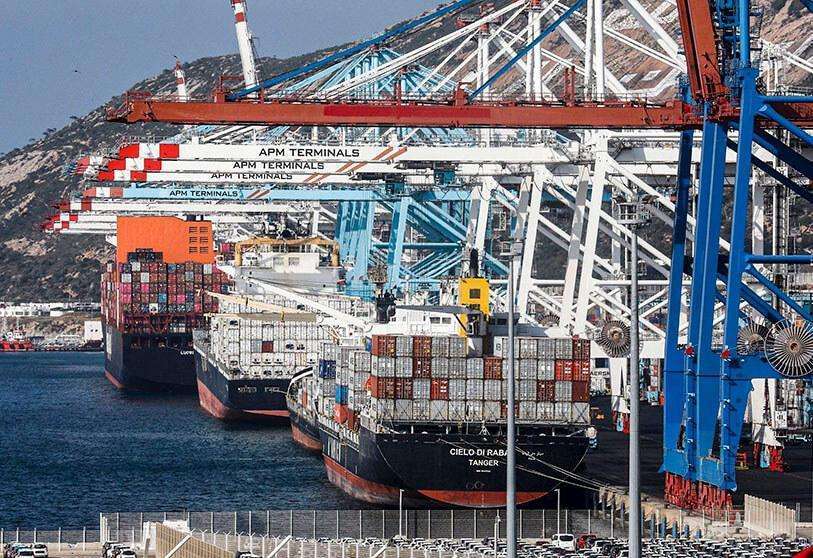Tourism has taken a hard hit in recent years. A pandemic, an inept government, and then, violent protests in southern Peru. Regaining trust in Peruvian destinations has been difficult, as several countries have issued travel warnings (travel warning). For months we worked with the Ministry of Foreign Affairs, the Ministry of Foreign Trade and Tourism and the private sector to grow them and show the world that we are a safe destination.
But nothing was learned. Now, the Government is dealing a new blow to tourism, through the declaration of a state of emergency, under the (false) pretext of resolving citizens’ insecurity. As a result, countries such as the UK have issued travel warnings for our country.
Tourism is an engine of decentralized economic and social development. Hundreds of thousands of families in Peru depend on it, especially SMEs, such as accommodation, restaurants, travel agencies, handicrafts, transportation and others. All these entrepreneurs are suffering because tourism has not recovered to pre-pandemic levels.
Between January and August, only 1.6 million international tourists arrived in Peru, half as many (52.7%) as in the same period in 2019. In 2022, domestic tourism and inbound tourism will be 44% and 54% respectively. % below pre-pandemic levels. Restaurant and accommodation GDP in the first half of this year fell 13.3% compared to the same period in 2019. These businesses, especially SMEs, continue to be impacted. Currently, these entrepreneurs have received a new blow.
There is no strategy to combat the citizen insecurity that our country suffers, so the Government announced an emergency declaration in several districts of Lima and Sullana-Piura. A measure for the photo, to seek popularity and approval of citizens, but it will do little or nothing in the fight against crime, extortion and hitmen.
On the contrary, this will impact tourism and our already weak economy. Existing conditions still tend to point towards a recovery in this sector, as this impacts confidence in tourist destinations, fewer tourists will come due to travel warnings, and thousands of restaurant workers, for example, will lose their jobs or have their income reduced.
Will the problem of citizen insecurity be resolved? Callao experienced a 315-day state of emergency in 2022 and what happened? On that occasion, the Ombudsman’s Office expressed its concern about continuing “actions that (…) do not contribute to resolving the fundamental problems and causes of insecurity, maintaining the suspension of the exercise of personal rights and freedoms.”
As former Minister of the Interior, Carlos Basombrío, also stated, what is needed is greater investment in intelligence and police operational capacity to dismantle criminal organizations. Measures such as a state of emergency have been implemented and have not stopped crime, but instead continue to increase.
Resolving the serious problem of citizen insecurity is an urgent matter to be resolved. But it must be done with a clear strategy, not with announcements like this which not only solve nothing, but also impact hundreds of thousands of entrepreneurs and the tourism sector.

“Entrepreneur. Internet fanatic. Certified zombie scholar. Friendly troublemaker. Bacon expert.”


:quality(85)/cloudfront-us-east-1.images.arcpublishing.com/infobae/AMRMWFE47ZGLRAZ2KNWCYXWBW4.jpg)




